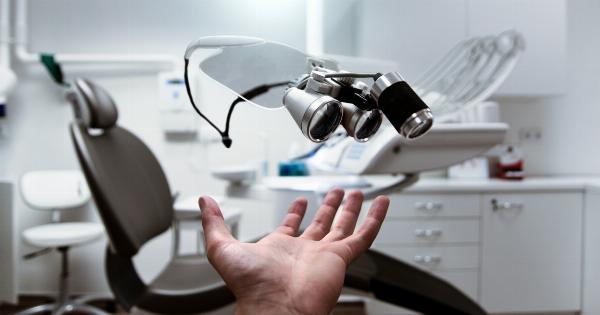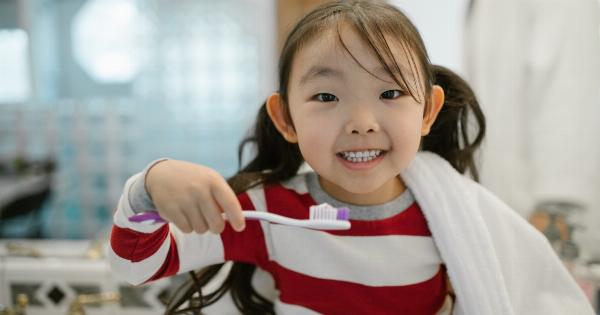As a parent, you might be wondering when your child should see a dentist for the first time. According to the American Dental Association (ADA), you should take your child to see a dentist no later than their first birthday.
This will help ensure that your child’s oral health is in good shape from the start and helps to prevent future dental problems.
Why Is It Important to Take Your Child to the Dentist at a Young Age?
Good oral health habits start at home, but visiting the dentist periodically is also essential for proper dental hygiene. A child’s primary teeth, also known as baby teeth, play a crucial role in their overall development.
They help children chew food, form speech, and hold space for adult teeth that will eventually replace them.
Additionally, children who don’t have healthy primary teeth are more prone to pain, and it can negatively affect their self-esteem. Baby teeth can also develop cavities, and if left untreated, it can cause severe pain and even tooth loss.
By taking your child to see a dentist early on, you can ensure that their oral health is on the right track and also prevent potential dental problems.
What Will Happen at Your Child’s First Dentist Appointment?
Many parents may feel anxious about their child’s first dental visit. However, the first appointment is relatively straightforward and usually doesn’t last for more than a half-hour.
The dentist will examine your child’s teeth and check for any signs of decay or other oral health problems.
The dentist will also review your child’s oral hygiene practices and offer any recommendations if they find anything concerning. Additionally, the dentist will discuss proper diet and nutrition to ensure your child’s oral health is optimal.
How to Prepare Your Child for their First Dental Visit
It’s natural for young children to feel anxious or scared when going to unfamiliar places, and the dentist’s office is no exception. Here are a few tips to help prepare your child for their first dental visit:.
1. Roleplay
One way to reassure your child is to play “pretend dentist” with them. You can use a toothbrush and magnifying mirror to help them understand what will happen at the dentist’s office.
You can also let them play the role of the dentist and pretend to clean your teeth.
2. Read Books
There are several books available that can help children understand what to expect at the dentist’s office. Reading these books with them can help ease their fears and make the experience less daunting.
3. Be Positive
Children can easily sense fear and anxiety, so it’s essential to maintain a positive attitude about going to the dentist.
You can use positive language to describe the visit, such as “we’re going to see the tooth doctor to keep your teeth healthy.”.
4. Schedule the Appointment Early in the Day
Children are usually more alert and at their best in the morning, so it’s best to schedule their dental appointment early in the day. This will help them feel more at ease and less likely to become tired or cranky during the visit.
When Will Your Child’s Next Dental Appointment Be?
The dentist will recommend when your child should come back for their next appointment based on their current oral health. Generally, children should visit the dentist every six months for routine check-ups and teeth cleanings.
However, if your child has poor oral health or is at high risk of dental problems, the dentist may recommend more frequent visits.
Conclusion
It’s never too early to start taking care of your child’s oral health. By taking them to see a dentist early on, you can help ensure that their teeth and gums are healthy and strong.
Remember to prepare them for their first dental visit and schedule routine check-ups to prevent future dental problems.































